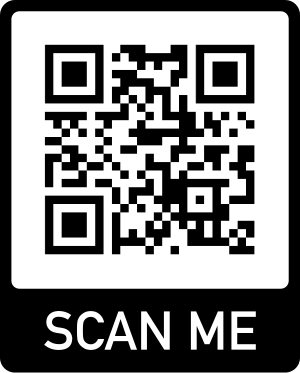The NAATI CCL (Credentialed Community Language) exam is a crucial step for individuals aspiring to work as community interpreters or translators in Australia. While passing this exam can open doors to numerous professional opportunities, it is not without its challenges. Many candidates encounter various obstacles during their preparation and examination phases. In this article, we will explore some of the most common challenges faced by NAATI CCL exam candidates and provide practical solutions to overcome them.
1. Language Proficiency
One of the primary challenges for NAATI CCL candidates is achieving the required level of proficiency in both English and the target language. This exam tests not only your ability to understand and translate everyday conversations but also your command of cultural nuances and idiomatic expressions.
Solution:
- Immersive Practice: Engage in regular conversations with native speakers and participate in language exchange programs to improve fluency.
- Study Resources: Utilize language learning apps, online courses, and textbooks that focus on both languages.
- Mock Tests: Practice with past exam papers and mock tests to familiarize yourself with the exam format and identify areas that need improvement.
2. Cultural Nuances and Context
Understanding the cultural context of both languages is essential for accurate translation. Candidates often struggle with cultural references, idioms, and phrases that do not have direct translations.
Solution:
- Cultural Studies: Study the cultural aspects of both languages through literature, films, and cultural exchange programs.
- Contextual Learning: Practice interpreting and translating materials that include cultural references and idiomatic expressions.
- Professional Guidance: Seek advice from experienced translators and interpreters who can provide insights into handling cultural nuances.
3. Exam Anxiety and Stress
Exam anxiety is a common issue that can significantly impact performance. The pressure to perform well and the fear of failure can lead to stress, which in turn affects concentration and recall abilities.
Solution:
- Relaxation Techniques: Practice relaxation techniques such as deep breathing, meditation, and mindfulness to reduce anxiety.
- Positive Visualization: Visualize yourself successfully completing the exam to build confidence and reduce negative thoughts.
- Healthy Lifestyle: Maintain a healthy lifestyle with proper sleep, nutrition, and exercise to ensure physical and mental well-being.
4. Time Management
The NAATI CCL exam requires candidates to manage their time effectively. Many candidates find it challenging to complete all tasks within the allotted time, leading to incomplete or rushed responses.
Solution:
- Timed Practice: Regularly practice under timed conditions to simulate the exam environment and improve time management skills.
- Prioritization: Learn to prioritize tasks and allocate time based on the complexity and length of the content.
- Efficient Note-taking: Develop a system for taking quick and effective notes during the exam to aid in recall and translation.
5. Lack of Resources and Support
Access to quality study materials and guidance can be limited, especially for candidates living in remote areas or those with limited financial resources.
Solution:
- Online Resources: Take advantage of online resources, such as free language courses, forums, and practice tests available on various websites.
- Study Groups: Join or form study groups with fellow candidates to share resources, exchange knowledge, and provide mutual support.
- Professional Coaching: If possible, invest in professional coaching or mentorship programs that offer personalized guidance and feedback.
Conclusion
Preparing for the NAATI CCL exam can be a daunting task, but with the right strategies and resources, candidates can overcome these challenges. Focus on improving language proficiency, understanding cultural nuances, managing exam anxiety, practicing time management, and seeking support when needed. By addressing these common challenges proactively, you can enhance your chances of success and achieve your goal of becoming a certified community interpreter or translator. Good luck!

